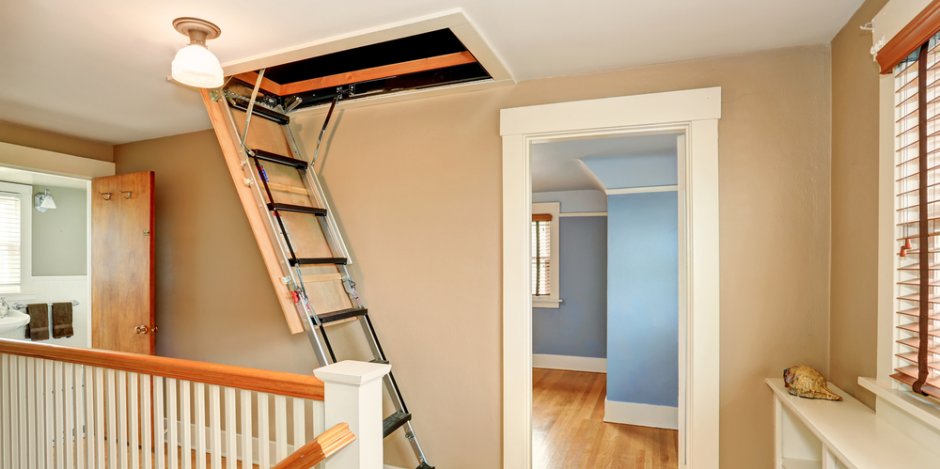
Is there a part of your house that rarely crosses your mind? If you’re like the majority of homeowners in the greater Arlington region, it’s probably your attic. Here in Northern Virginia and Washington DC, attics don’t often get a lot of love. It’s mostly just a space reserved for hand-me-downs or holiday decorations.
Many homeowners are surprised to discover something quite a bit more sinister is lurking up there — mold. Whether it’s on the sheathing or growing among the rafters, attic mold is a serious problem that requires attention. Looking into preventing and addressing any existing mold will give you peace of mind and improve your home’s indoor air quality.
Why Mold is a Problem: Health & Home Value Concerns
Household mold is a form of fungus that feasts on organic compounds. Mold is versatile, so it’s able to grow and multiply pretty much anywhere that the temperature and humidity levels allow. Left unchecked, mold releases mycotoxins, which are just as bad as they sound.
Mycotoxins can have serious and adverse consequences for your family's health. While healthy people can succumb to illness brought on by mycotoxins, individuals with asthma or compromised immune systems are at serious risk when mold is allowed to fester. Some of the warnings signs that mold might be affecting your health include, but are not limited to; wheezing, congestion, and ear, nose, and throat irritation. Left untreated, many individuals may develop fungal respiratory infections. A professional mold assessment and removal can easily assuage any of these health issues from developing.
Mold also raises concerns regarding your property value. If you decide to sell your home in the future, attic mold will certainly be noted by a home inspector. This may give buyers second thoughts, or even halt the sale until you fix the problem. Mold is the last thing you’ll want to deal with while trying to close on your house, so it’s better to take care of it when the problem is less urgent.
The First Step to Eradicating Mold: A Home Energy Audit
You may be surprised by the number of home ailments that can lead to attic mold. The most common contributors to attic mold are humidity issues due to inadequate insulation, poor ventilation, and a leaky roof. To prevent the growth and spread of mold in your attic, it’s important to keep a well-ventilated and dry environment up there.
At Home Energy Medics, we’ll start to our investigation into what’s causing your home’s mold issues with a home energy audit. Following our comprehensive testing and inspection, we’ll present you with solutions to not only get rid of the problem now but also take measures to prevent it in the future.
